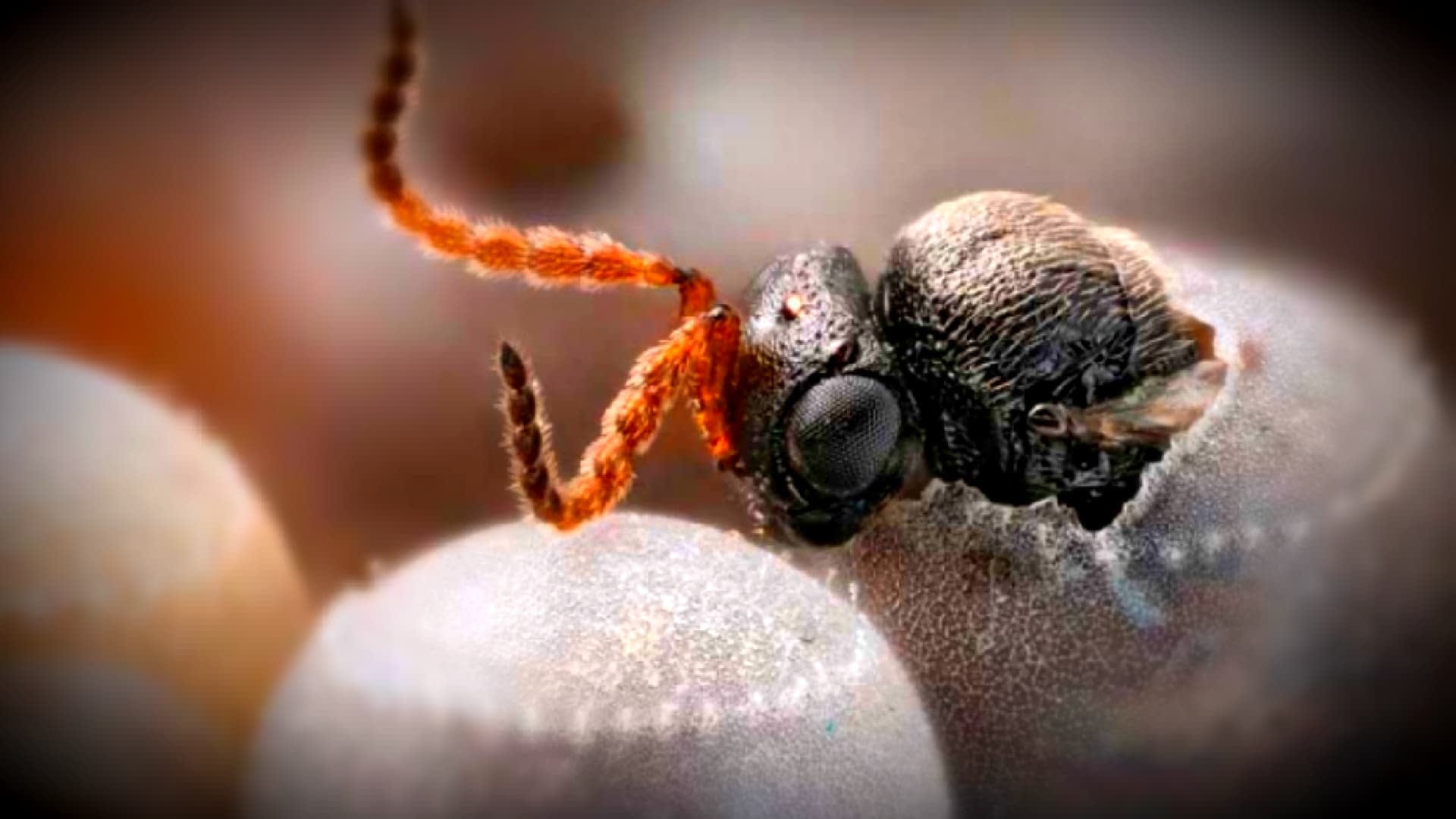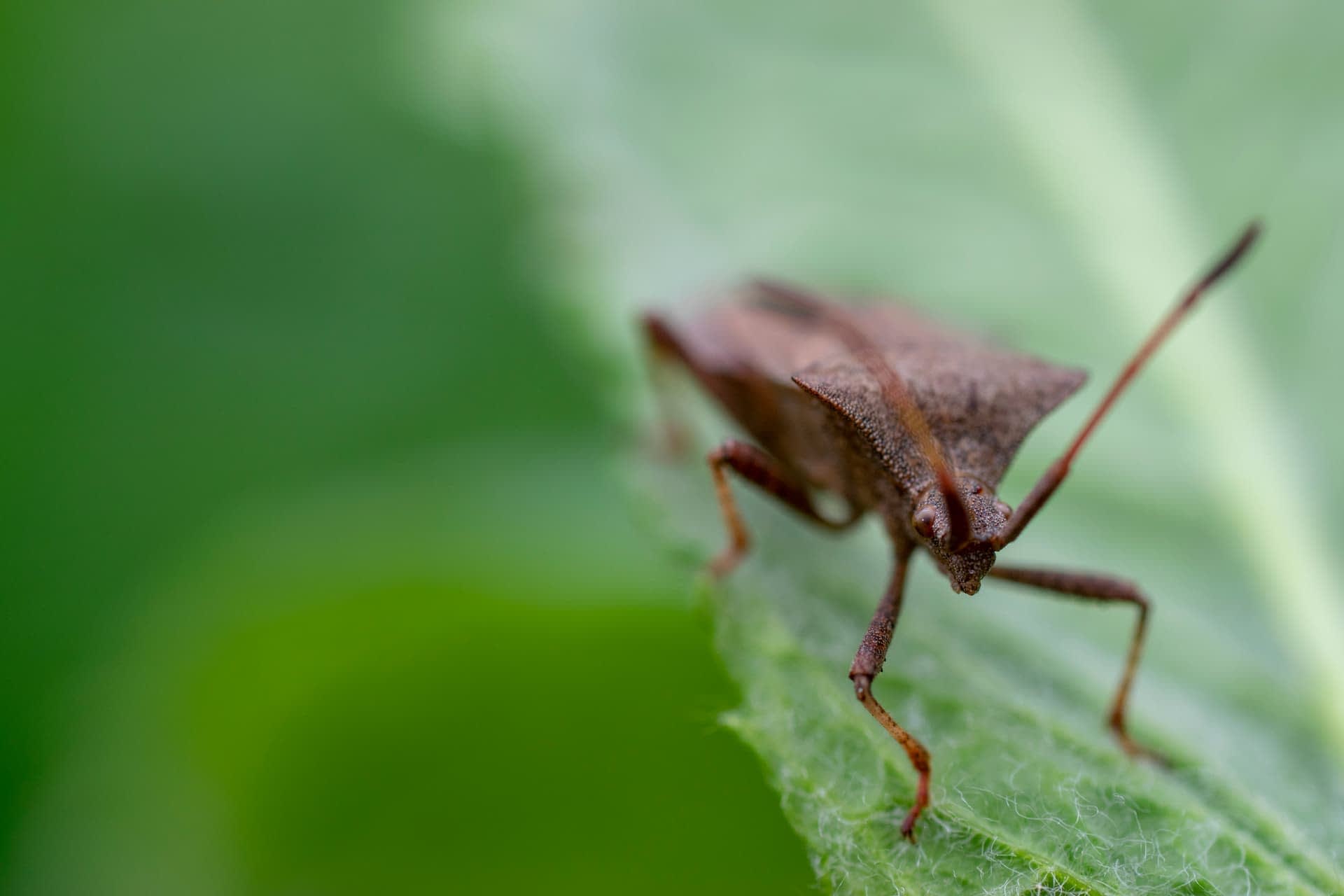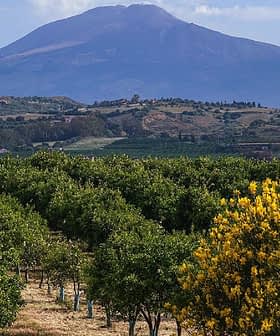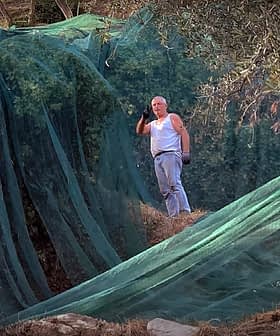 9.0K reads
9.0K readsBusiness
Introduction of Samurai Wasp Proving Effective Against Stink Bugs in Italy

The samurai wasp is being released in northern Italy to target the brown marmorated stink bug, reducing its ability to reproduce. The wasps have shown potential to spread and colonize areas far from where they were released, but the impact of the biological war against the stink bug is challenging to measure due to various factors affecting the bug population each year.
Scores of so-called samurai wasps will soon be released for the second year in a row in the heart of northern Italy’s Po Valley, as part of a project to limit the spread of the brown marmorated stink bug.
The tiny Trissolcus japonicus wasp reproduces by parasitizing stink bugs’ eggs, reducing their ability to reproduce.
What we are seeing is the very first evidence that the samurai wasp might be curtailing the marmorated stink bug population.
Both insects are native to Asia, but the stink bug has spread widely in several European countries and some areas of the United States.
“With this year’s samurai wasp releases, we will be targeting the areas where stink bug colonies will most likely be found,” Massimo Bariselli, a phytopathologist and entomologist at the Emilia-Romagna regional phytosanitary service, told Olive Oil Times.
See Also:Plant-Derived Treatment Against Asian Bug Shows Promise for Olive Growers“The good news is that the Japanese wasps we had previously released have shown to reproduce and install themselves in areas quite far from the areas of release, suggesting good potential for spreading in the territory,” he added.
Fruit growers in northern Italian regions, such as Emilia-Romagna, Lombardy and Veneto, have been severely hit by the spread of the stink bug, which damages a wide variety of crops, including tree fruits and soybeans.
Since preliminary research has shown a possible association between stink bug outbreaks and the olive “green drop” disease, olive farmers have been especially worried about the spread of the pest.
In the Emilia-Romagna region alone, between 2020 and 2022, local authorities have distributed €63 million in compensation to farmers affected by the insect, while local authorities in Lombardy estimate that the stink bug causes €15 million worth of damages annually to regional agriculture.
“At the moment, we have about 30,000 stink bugs gathered by the technicians and farmers who bring them to the laboratories, which are then used to grow the samurai wasp,” Bariselli said. “When the time comes, the tubes with the wasps are assigned to the different farming areas and released.”
Last year in Italy, the samurai wasp was released in more than 600 locations, with more than 300 in Emilia-Romagna.
The first evidence of a possible positive impact of the samurai wasp’s introduction comes from researchers surveilling stink bugs’ eggs. According to the data released by the Cimice.net project, the wasps colonized 38 percent of the samples.

Brown marmorated stink bug
While these findings confirm the wasps’ ability to target the stink bug, experts in the field warn that the true impact of the biological war against the insect is extremely difficult to measure.
Monitoring the bug population is difficult since it undergoes significant changes each year. The stink bugs thrive at temperatures between 30 ºC and 32 ºC and suffer from a high mortality rate during the winter.
“In a season like the last one, where the fruit production was more than halved by the freezing temperatures, where there was no rainfall in summer and hedges are dry, all stink bugs would have been forced to attack the fruits,” Bariselli said. “That creates the incorrect perception that there was a large invasion in a season in which the stink bugs could not reproduce well.”
In other regions, such as Piedmont, the stink bug has been targeted by other predators, including a separate species of wasp that also parasitizes the bugs’ eggs – the European Anastatus bifasciatus. These trials are taking place on organic farms.
According to Bariselli, Anastatus bifasciatus also effectively targets the stink bug. However, unlike the samurai wasp, they prey on other insects, so their efficiency in curtailing the stink bug’s spread might be limited.
“Looking at what happens in Italy and what happens in Asia, it seems that Anastatus bifasciatus can affect between 10 and 15 percent of the stink bug population,” he said.
Chemical treatments currently used on the stink bugs have not yielded promising results. They are quite expensive and are not environmentally friendly. They also make it more difficult for the stink bugs’ predators to survive.
“Chemical warfare against the stink bug tends to be highly inefficient,” Bariselli said. “This is because the bug rarely lives in the trees and targets a lot of different plants.”
He added that the stink bugs also tend to sting the fruits and quickly leave, meaning they are not exposed to pesticides for long periods.
“Even if chemicals do not work against the stink bug, heavy damage caused by the bug could push some farmers to invest heavily in that kind of treatment to get rid of the insect,” Bariselli added. “That will not work.”
According to the data released during a recent summit on the stink bug and reported by Agronotizie, 24 percent of the 47,000 stink bug eggs analyzed in 2021 had been parasitized.
Thirty-eight percent of them had been targeted by the samurai wasp, 31 percent by the related Trissolcus mitsukurii and 22 percent by the Anastatus bifasciatus.
“What we are seeing is the very first evidence that the samurai wasp might be curtailing the marmorated stink bug population,” Bariselli said. “But that mostly happens in wild areas, where the wasps were released, areas where there are no chemical treatments on the vegetation.”
“The bug is there, but not only there,” he added. “We now need to understand how much the fruit crops [conventionally treated] can hinder the spread of the stink bug’s natural predators.”
The current samurai wasp release project in the region will end in 2023.
During the summit, Alessio Mammi, Emilia-Romagna’s regional secretary of agriculture, emphasized how the goal of the first year of the project was to “make the samurai wasp settle in the territory, and that is a target we have acquired.”
“In 2022, we must now step up the release activities and spreading within and around the most relevant regional fruit-producing areas,” he added.
Bariselli said he is optimistic that a combination of introducing the stink bugs’ predators and other containment strategies would lead to an improved situation in the coming years.
“Within one or two years, we expect that the pressure of the stink bug will be slowing down a bit,” he said. “It will stay, and it will continue to be a damaging presence for farmers, but it will have found a new balance within that environment just like other insects already have.”









